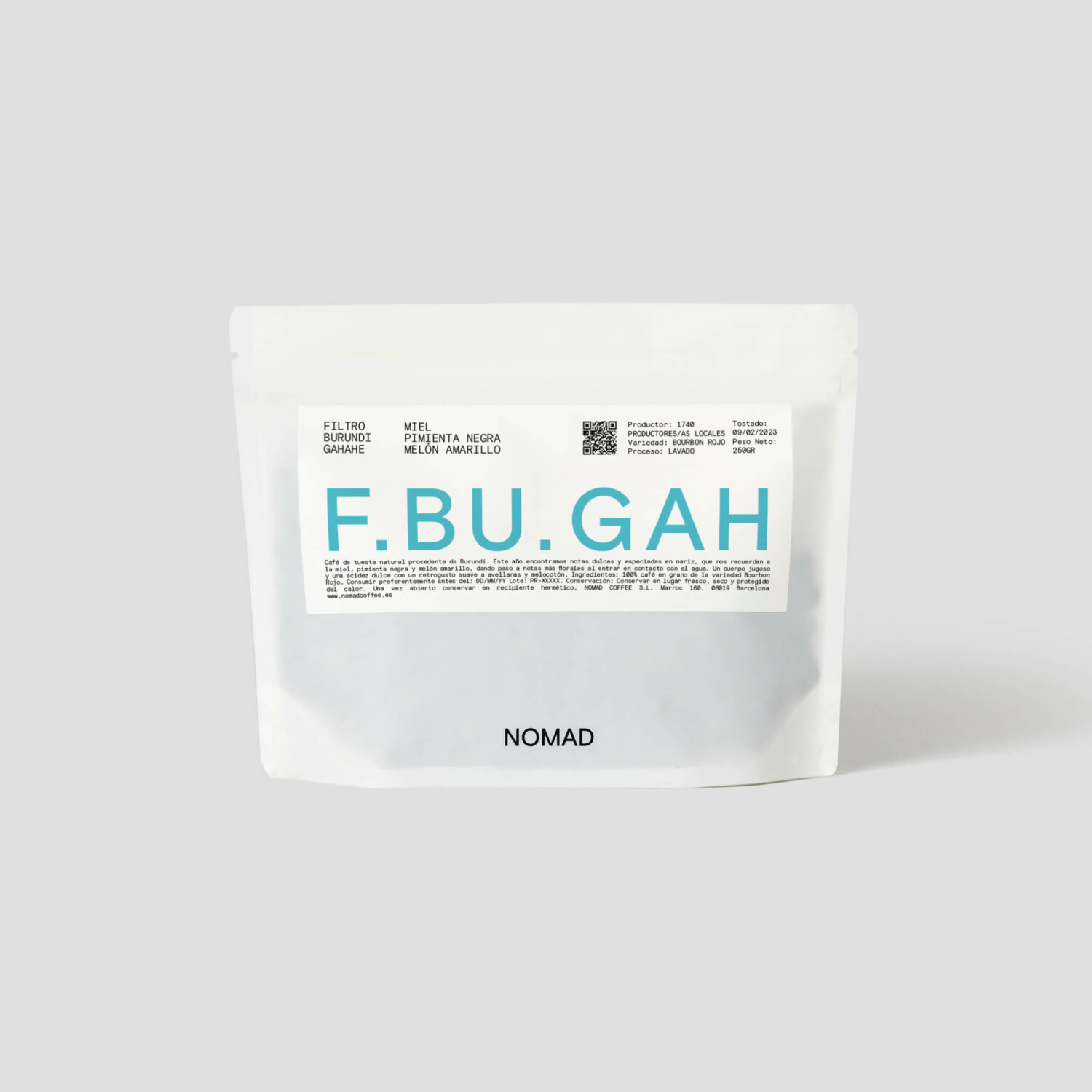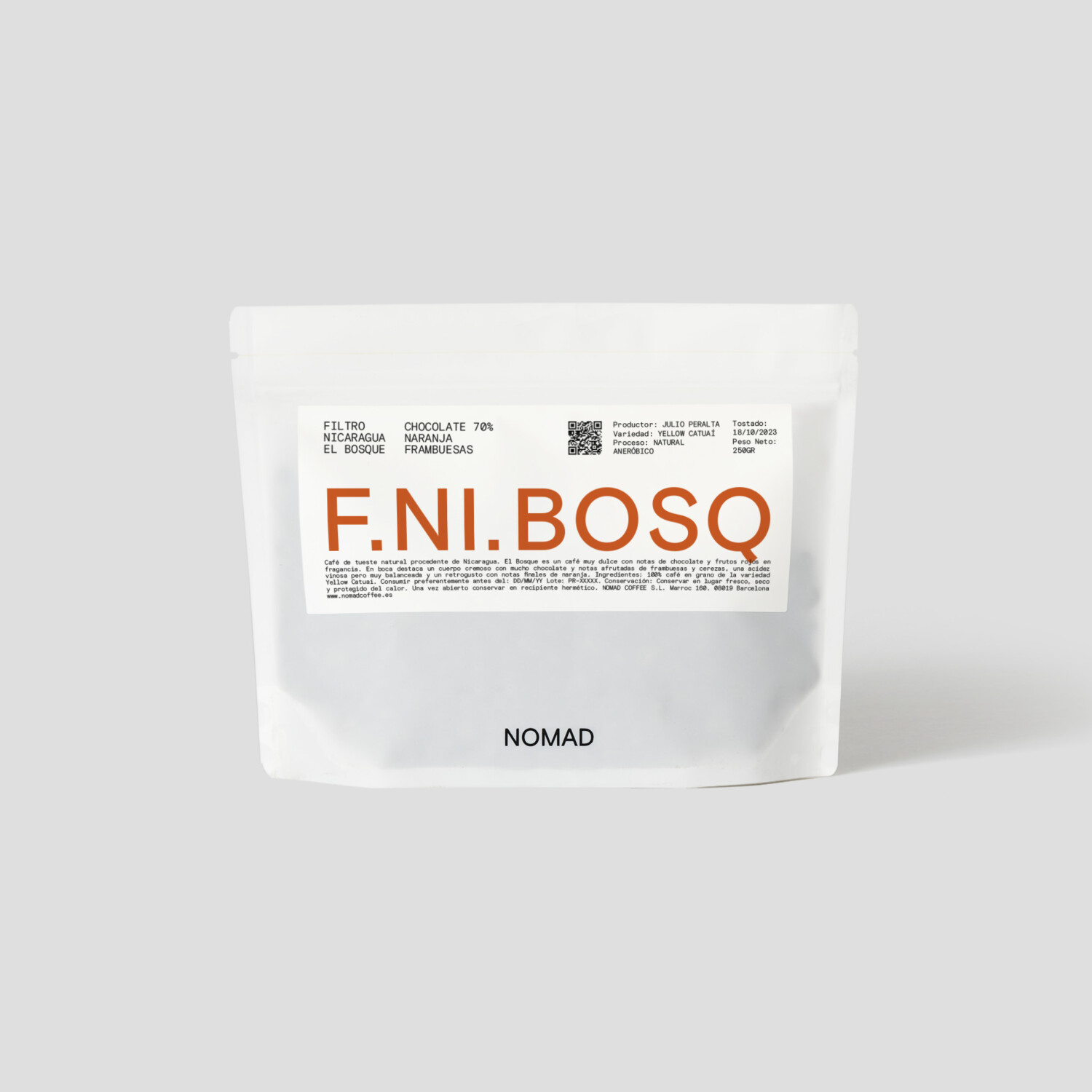
While cupping Las Brisas Pacamara Anaerobic Semiwashed, seemed to us as the most original of the batches from El Salvador, with tropical notes of mango juice and yellow watermelon. Very juicy and sweet coffee with a powerful aftertaste of peach and orange.
Las Brisas farm, located in the town of Juayúa in the heart of the Apaneca Ilamatepec mountain range, is proof of how good agricultural practices, technology and post-harvest knowledge can change the future of coffee.
Carlos comes from a family of farmers (he is the 5th generation) but worked in the textile industry for 20 years before dedicating himself fully to coffee.
“Coffee used to be something that people looked at and said you should do something else. However, the specialty industry brought a new wave of opportunities.”
“Today, he manages Finca Las Brisas and two other family farms and is determined to bring coffee farming into the 21st century by investing in technology and sustainability.
Carlos describes his approach to farming as “dramatically new and sustainable.” He does not produce washed batches because the process results in contamination of water sources. The farmer is also a firm believer in the power of mycorrhizal fungi, a type of fungus that forms a mutually beneficial symbiotic relationship with coffee plants. The fungi colonize the plant through their roots and establish a network of structures through which they exchange sugars and nutrients with the tree.
“The plant provides carbohydrates in the form of sugars that it obtains from atmospheric carbon through photosynthesis. The fungi in return provide nutrients and water to the plant. “Fungi form filaments (hyphae) that form a network (mycelium) that expands the root capacity hundreds of times and breaks down nutrients that would otherwise be inaccessible to the plant.”
When the rust crisis hit Central America in 2012 and 2013, his farms were severely affected, like most of those in the area. Carlos decided to renew most of the farm with new varieties more resistant to the disease. This factor is very significant for El Salvador, where many producers stick to the traditional production of the Bourbon variety due to its good reputation for quality in the cup.
“In El Salvador it was inconceivable to grow anything other than Bourbon or Pacas. But Bourbon maintenance is very complicated… You end up using a lot of fungicides, which is not good for the environment. I thought I had to research other varieties and become an expert in creating microclimates and processing methods. You have to be completely professional in the benefit. If you do that, you can work with any coffee. After the crisis, I began to renew and spent 6 years at production levels of 15% of my capacity. I had to reinvent myself. So I kept some Bourbon and renewed it with Pacamaras, Pacas and other hybrids that have been on the farm for more than 30 years.”
Process
Coffee cherries are floated in water for sorting and then placed in barrels in anaerobic fermentation for five days. They are pulped without water and in semi-washed conditions (gently rinsed with water for a couple of minutes). They are put to dry on beds. The first two days in the sun and later in the shade.
At the time of replicating the recipe, there are different variables that can interfere with the final result of your cup, such as the roast date, conservation of the beans, environment, water, etc. It is important to remember that all these factors can have an influence and you may have to make small adjustments to replicate this recipe.
Method: V60 with Sibaris filters
Grinder: Fellow Ode, numero 5
Recommended mineral water: Lanjarón
We have used 12 grams coffee and 210 grams water.
Add the water in two pours. First pour 50 gr, wait 30 seconds and right after pour the rest of the water until you reach 210 gr. The total infusion time should be 1:50 minutes. The TDS is 1.30 and the extraction is 19.91%.


